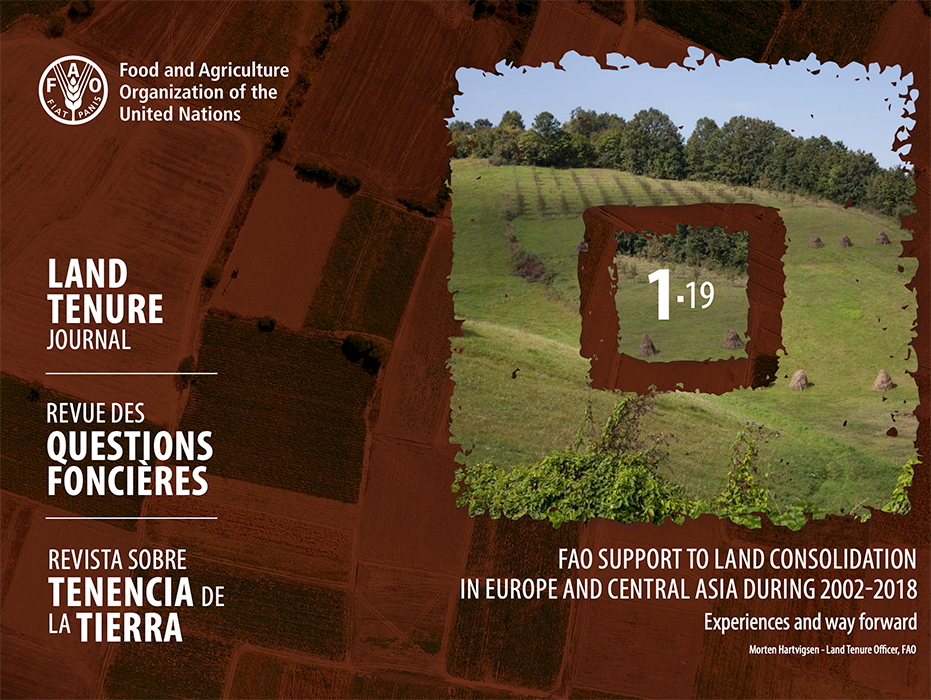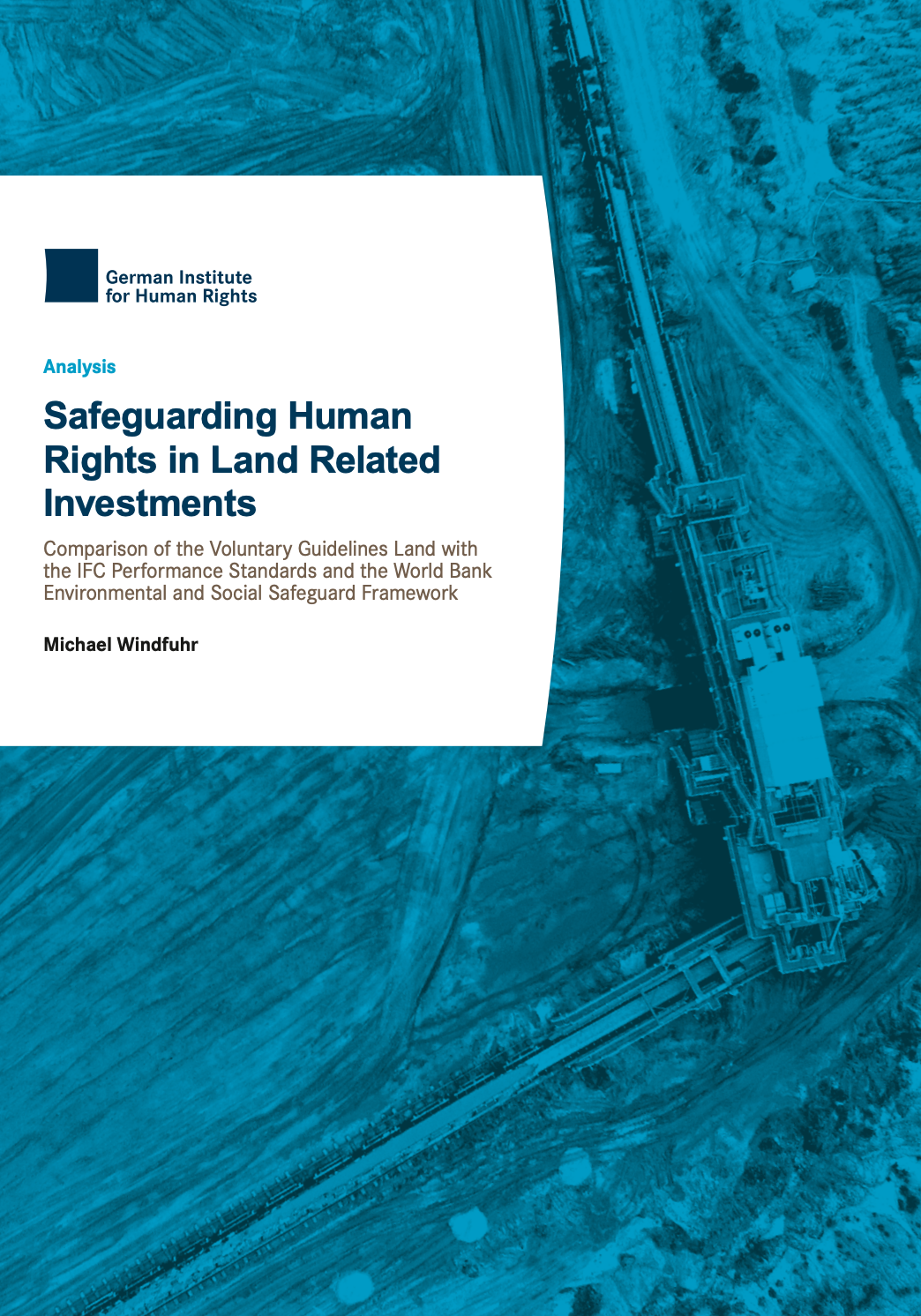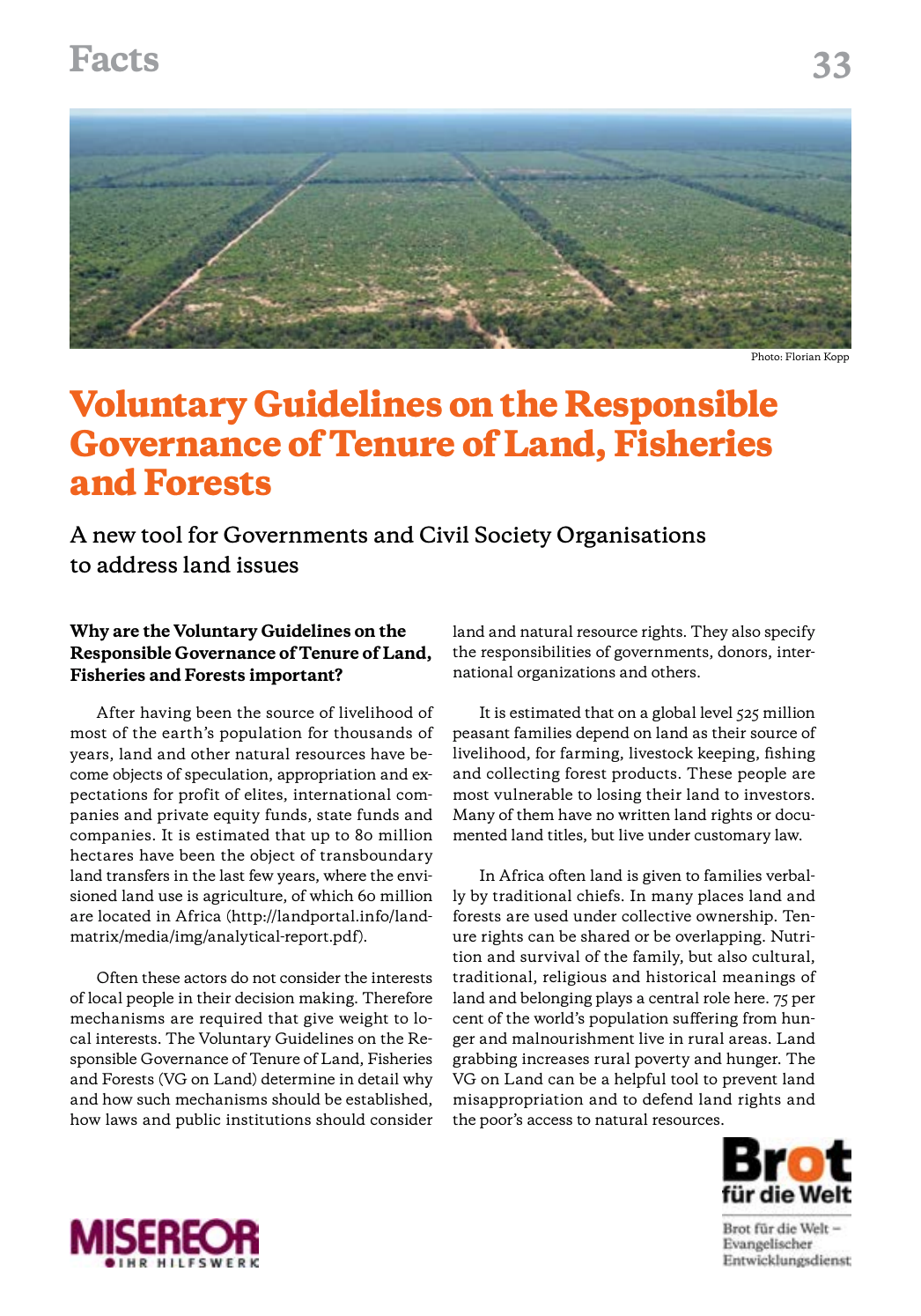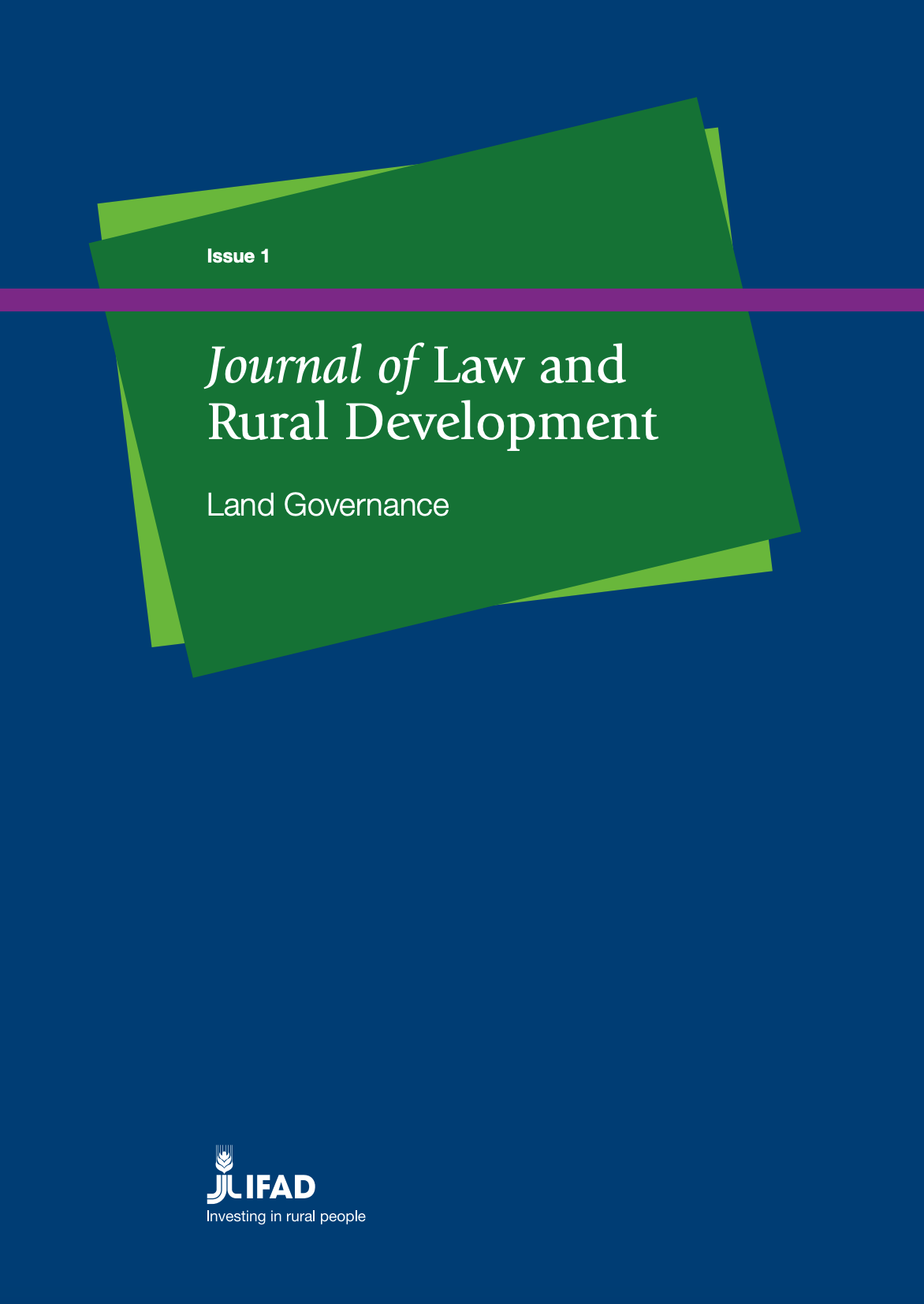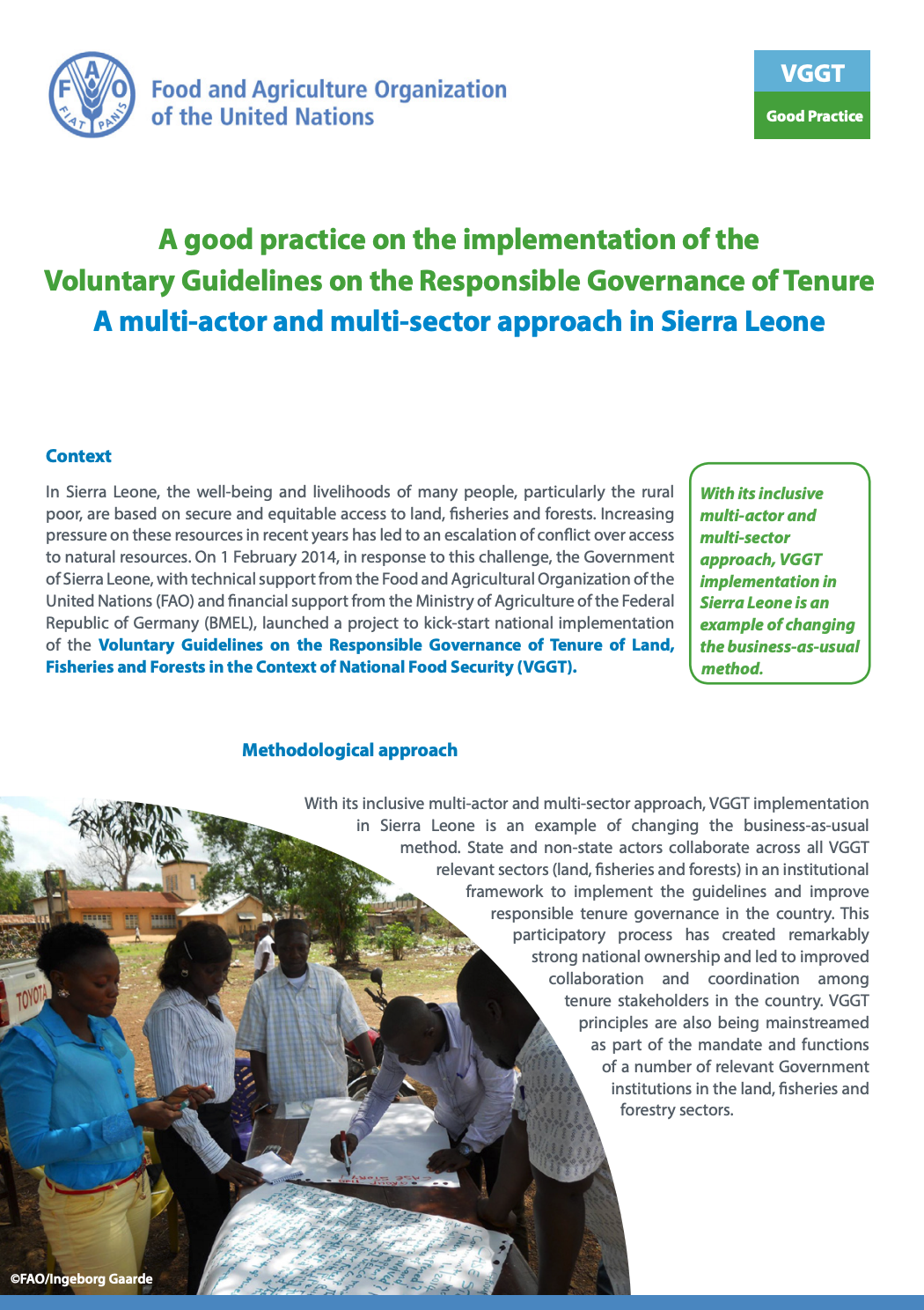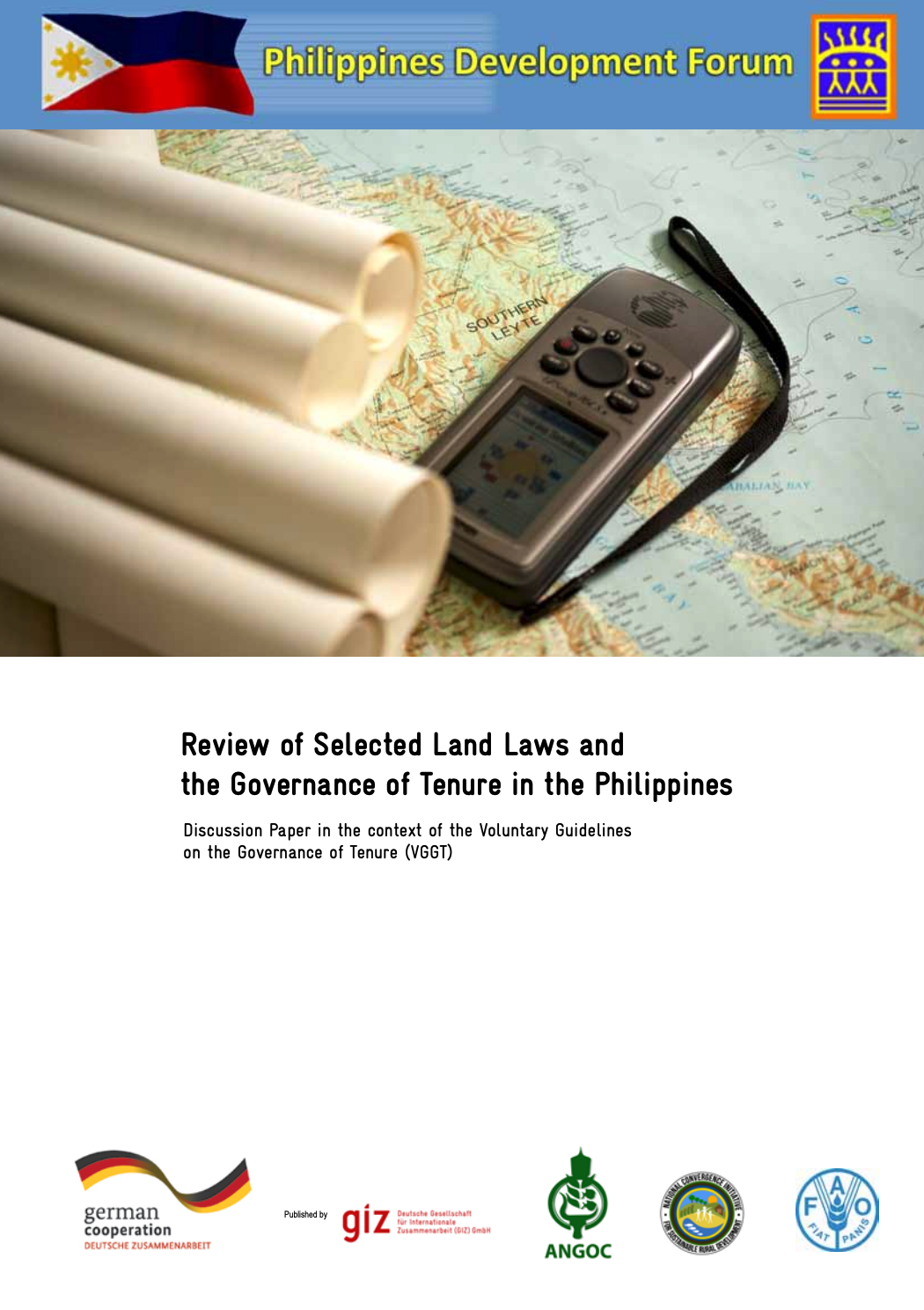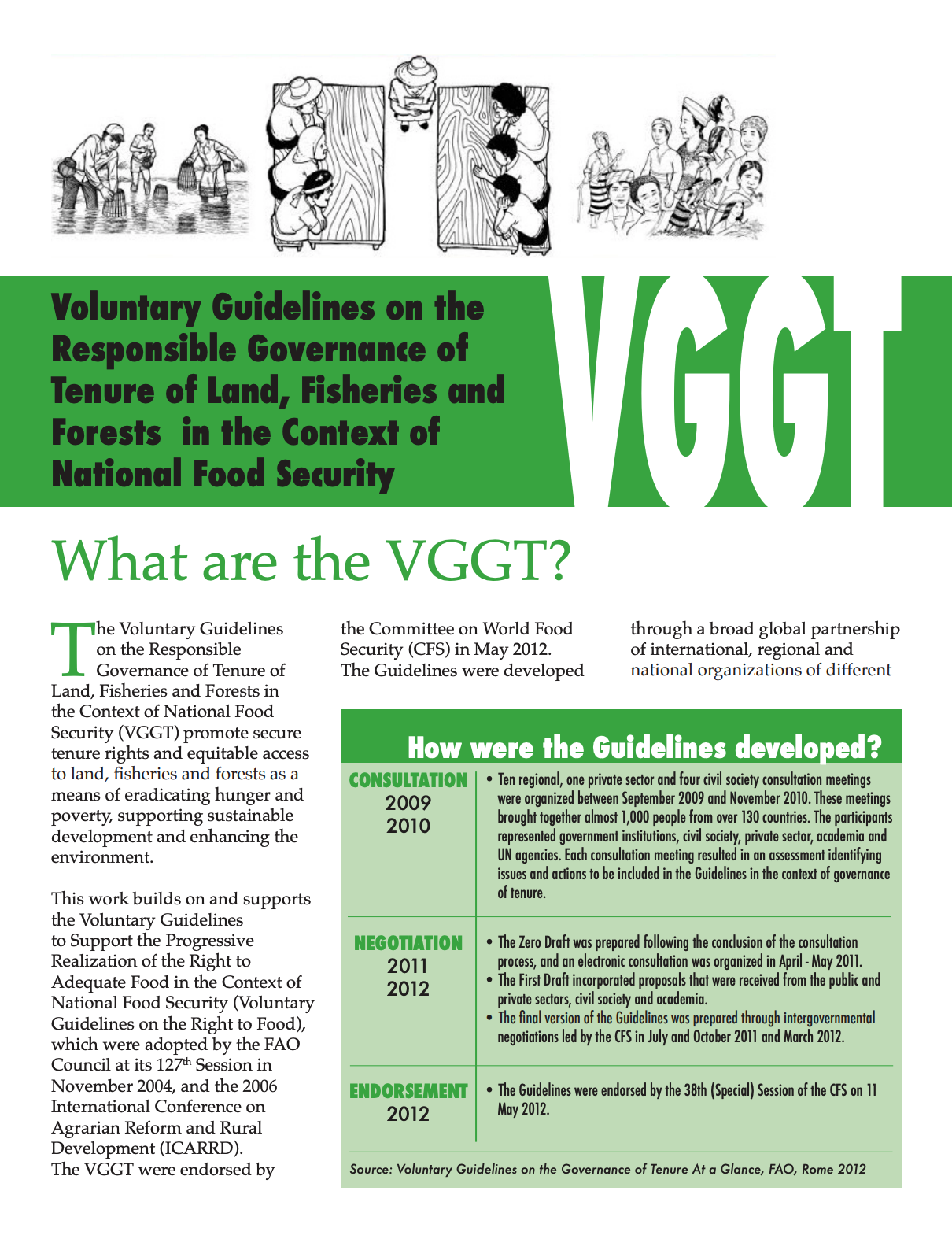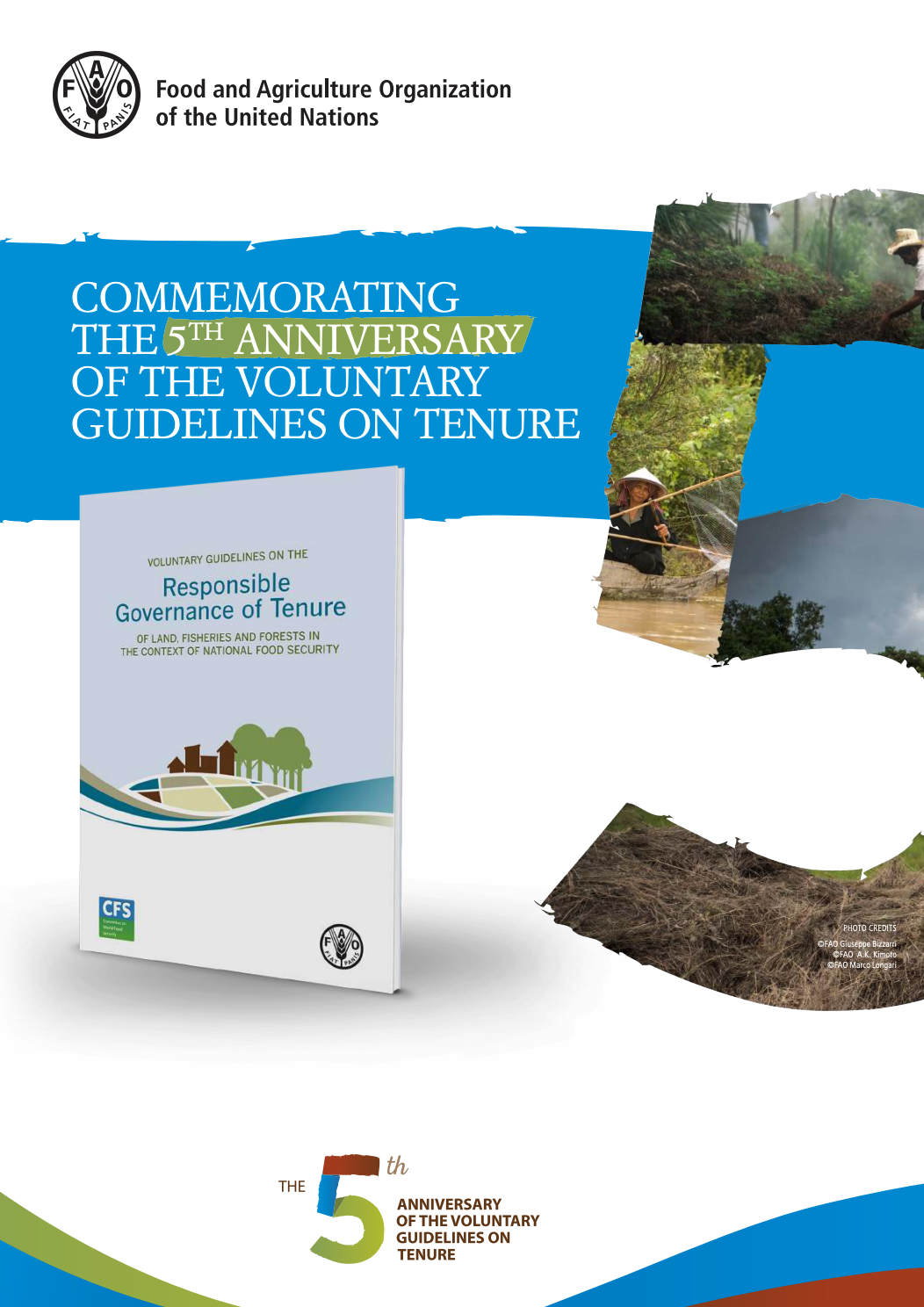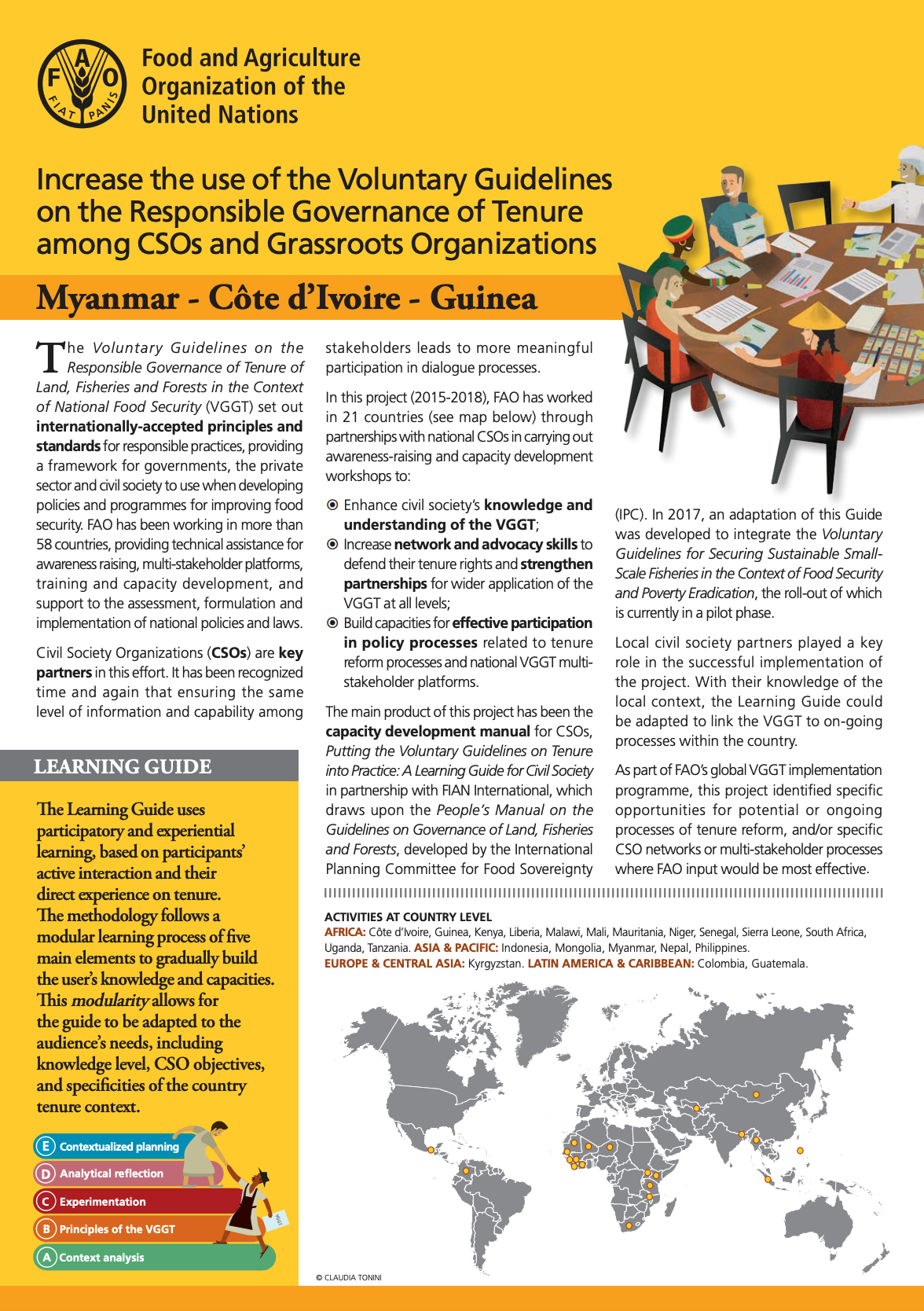The Green Belt Initiative and Land Grabs in Malawi
FAC Policy Brief 55by Blessings Chinsinga and Michael Chasukwa There is often a mismatch between the apparent benevolent intents and the practical manifestations of the large scale land deals. The empirical realities of the large-scale land deals call for critical scrutiny and interrogation of the underlying interests of the stakeholders involved to assess the extent to which they genuinely prioritize win-win scenarios. As the experiences of the Green Belt Initiative (GBI) in Malawi demonstrated, the smallholder farmer is almost always the loser.



